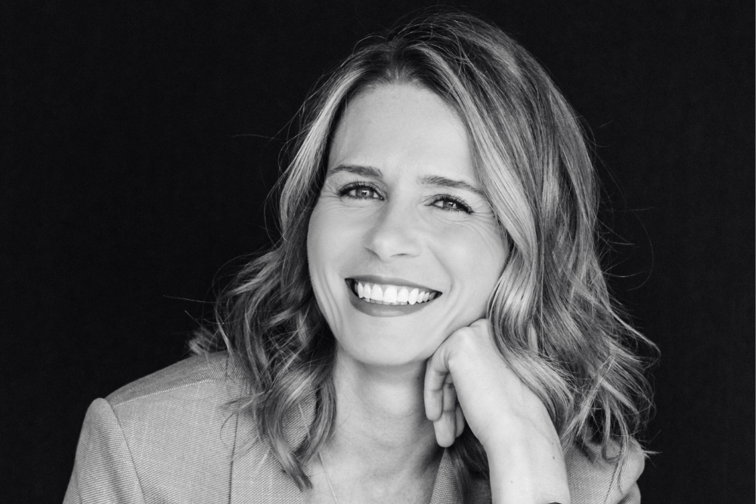

When climbing through the ranks of any profession, there is an inherent obligation to become a “yes person” to prove oneself as enthusiastic and diligent, which can lead to an overstuffed calendar and plenty of sleepless nights. When working towards a potential promotion or securing a new portfolio, the boundaries between personal and professional life can oftentimes become hazy. While men certainly go through these episodes, for women — who are already underrepresented in C-suite level positions in insurance — this pressure can seem even more daunting.
For Amanda Nordstrom (pictured above), the regional vice president at Intact, the benefit of hindsight from having personally experienced these burdensome moments has led her to recognize feelings of being overwhelmed. “You should never be intimidated to say ‘no’,” she said.
“I have been very lucky to work with people who do not challenge me when I’ve needed to take a step back for whatever personal reason.”
Nordstrom will join two other panellists during the Women in Insurance Toronto conference, where they will open up about how to cope with feelings of burnout during the panel “Fighting fatigue – How to remain on top of your game”.
In advance of the event, Nordstrom spoke about the need to stay constantly stimulated by a profession, creating a support system and her thoughts on participating in a women’s conference.
For many, the notion of fatigue is related to being overworked, travelling too often and allowing professional obligations to spill into personal time.
However, getting into a monotonous cycle where tasks and obligations begin to feel tedious and tiresome is equally as alarming.
“Career boredom is definitely a sign of trouble,” said Nordstrom. “When you reach that point of not being excited to come into work, it makes it difficult to get through to the end of the day, regardless of how much work is on your plate.”
It is important to not ignore these signs, as it can significantly put a damper on your mood and zest for life, which can spill into more intimate moments with loved ones.
“While it may not seem ideal, losing interest in your profession is a sign to move on before you enter a vicious cycle of regret,” said Nordstrom.
“When you are happy in your career, there is never enough time in the day to complete all of your tasks, and you’re more willing to take on exciting endeavours without a sense of dread lurching behind you.”
However, even in professions where you are fully engaged in present in your duties, there can come times when deadlines and traversing time zones can cloud one’s perception of time.
“When my schedule becomes so packed, I have trained myself to see every project as temporary,” Nordstrom said. “Reaffirming that end point and creates a path forward, and being able to recognize that this situation isn’t forever is definitely helpful when I’m feeling overwhelmed from time to time.”
“Something else will come along and change your work dynamic, which is important to think of when you’re in the midst of a frenzy that may seem endless.”
Part of what makes a successful professional is the interpersonal infrastructure that surrounds them, as they offer moments of calm and reflection when it is needed most.
“I am so lucky to have the support from my husband, he definitely understands the constraints I’m under from time to time,” said Nordstrom.
While having a supportive family unit is one thing, it is also important to have an empathetic work culture that recognizes your humanity.
“I am also very blessed to be surrounded by people who have been through similar situations that I have, whether it’s tending to my two young children or otherwise,” said Nordstrom.
“I feel very comfortable to let them know when I need to lessen my workload or pass on a business trip because certain personal responsibilities should be top priority.”
When Nordstrom agreed to take part in the “Fighting fatigue – How to remain on top of your game” panel, the one thing she was most excited about was the various viewpoints that the discussion will include.
“Hearing about different perspectives is important,” Nordstrom said. “We as women, especially those of us who provide care to loved ones, either elderly or young, can share a lot of interesting stories about coping with stacked stress.”
In these moments of vulnerability, removed from the purely business-oriented aspect of the insurance industry, the panellists and audience can share productive wisdom with each other in a moment of necessary self-reflection.
“I can’t wait to see how these women have dealt with similar situations in the past and learn from that” Nordstrom said.
“But I am also excited at the prospect of opening up to a group of people and establishing a bond that is outside any professional dialogue.”
